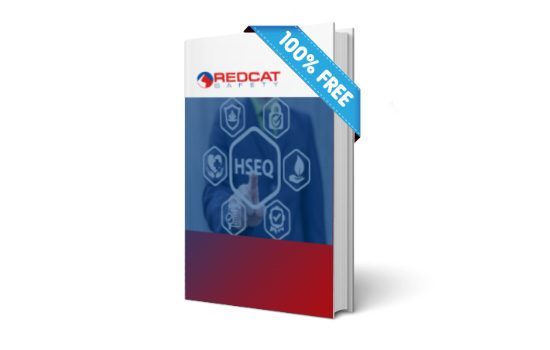About this Solar System Installation Safety Checklist
This solar system installation safety checklist template can be used to prompt for hazards and risks associated with solar system installations. The checklist includes prompts for the following work activities:
- General planning and inspections.
- Working at height.
- Edge protection for rooftop solar.
- Fall prevention/protection systems and anchorage.
- Fixed and portable ladders.
- Solar electrical work with solar power systems.
The checklist can also record any corrective actions that are required, the person responsible and the due dates for any corrective actions.
General Planning and Inspections for Solar System Installations
As the popularity of solar energy continues to grow, so does the number of solar panel installations. While solar energy is a clean and renewable source of energy, certain safety concerns need to be considered when installing a solar panel system. Below are some of the initial planning activities and inspections that should be undertaken to enable safe system installation.
- Have all workers, the utility company and solar industry experts been consulted regarding the risks and hazards of the work, as necessary?
- Have all workers received adequate information and training to perform their tasks?
- Do all workers have the required qualifications and competencies for their tasks?
- Have risks such as electric shock, arc flash, trips and falls and are power lines de-energized, if necessary?
- Is all electrical work being undertaken by a licensed electrician in compliance with the national electrical code and safe electrical systems?
- Are emergency evacuation and rescue procedures available, and are workers trained in these procedures?
- Has a work method statement been prepared for any high-risk work (e.g. work at height risks, electrical risks, asbestos risks, etc.)?
- Has an exclusion zone been established around the work area to prevent unauthorized persons from entering the work area?
- Are all workers and the public kept clear of any unsafe or uncontrolled areas as per the requirements of solar energy industries?
- Is the mandatory personal protection equipment (PPE) for solar PV installation available?
- Are lighting and ventilation levels appropriate for work tasks?
- Is housekeeping maintained to a high standard?
- Are working surfaces suitable for the task (e.g. not slippery or at excessively steep angles)?
- If persons are working alone or remotely, are the risks controlled?
- Do systems include controls to prevent a fall through any fragile roof materials (e.g. skylight covers, roof mesh, physical barrier, body harness, etc.)?
- Are there risk controls in place to eliminate or minimize the risk of falling objects?
- Are there provisions for lanyards to be attached to portable equipment being used at height?
- Are adverse weather conditions adequately planned for?
As with any work that is a high risk, several best practices should always be followed to ensure a safe solar installation. In addition to the above, these best practices include following the manufacturer’s instructions and conducting a site safety assessment. Solar system installation safety is of paramount importance to ensure the safety of workers, safe distances of the public and the environment and should always be given the highest of priorities.
Availability and Use of this Solar System Installation Safety Checklist
- This solar system installation safety checklist is accessible to you right now by clicking the ‘Checkout for Free Now’ button.
- This document will be delivered to you in fully editable Microsoft Word format for immediate and full use in your business.
- There are no subscriptions, contracts or ongoing costs.

